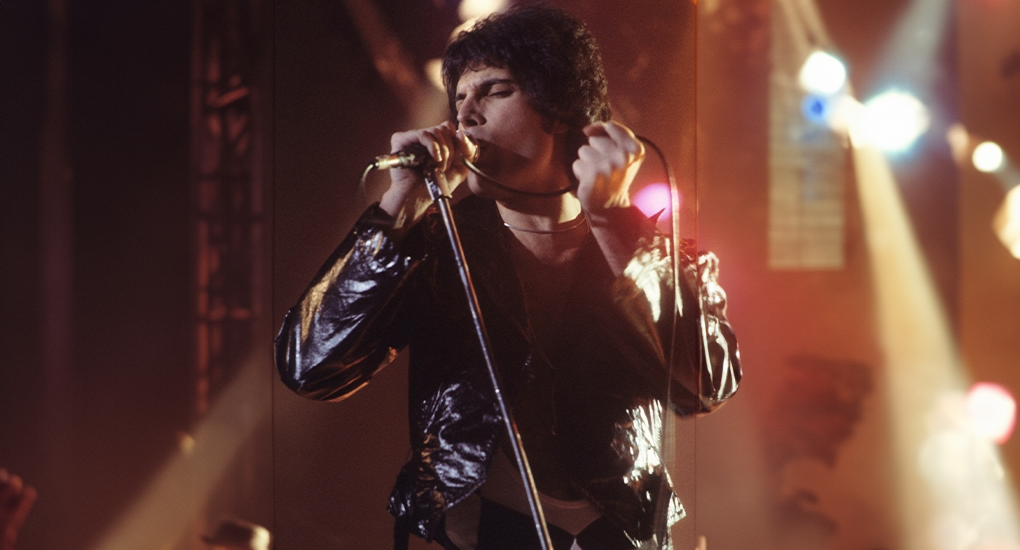Brian May Speaks About Freddie Mercury’s Identity In A New Adam Lambert Documentary

In a recent ITV documentary, Adam Lambert: Out, Loud And Proud, Queen’s lead guitarist Brian May and drummer Roger Taylor shared their thoughts on Freddie Mercury’s life and legacy. They discussed how Mercury, who passed away in 1991 from an AIDS-related illness, would have reacted to being called “queer.”
“The vocabulary has changed a lot. Queer was a word you wouldn’t want to use. I would never have used it to Freddie, and he would have been upset if we had,” May said in Out, Loud and Proud. “He would’ve said: ‘I’m not queer, I’m normal, darling’, because queer meant odd and weird.”
“I’m a Musician, Darling”
May emphasised that Mercury saw himself primarily as a musician. “It’s hard for us to talk about Freddie as a queer musician,” May added. “He would say: ‘I’m a musician, darling. That’s all I want to tell you’.”
Mercury was recently named the UK’s all-time greatest queer icon in a Pride month poll. Despite this recognition, May and Taylor revealed that Mercury was very worried about the AIDS epidemic and the rising homophobia in the media and politics during that time.
Hidden Messages in Music
May shared his thoughts on how the band’s music hinted at Mercury’s identity, even if he never publicly confirmed it. “I think there’s more in Freddie’s music than people realise. I think there’s still stuff to find.”
Adam Lambert, Queen’s current lead singer, suggested that the band had previously discussed whether the 1974 song In The Lap Of The Gods is about sexuality.
Homophobia in the Music Industry
Roger Taylor highlighted how homophobia affected the band’s success, particularly in the United States. “The most obvious [example of homophobia] is MTV not playing the video [for] I Want To Break Free,” Taylor claimed. “It was a joke. It was meant to be a parody of a very famous soap opera in the UK.”
May added, “There’s a whole sequence of hits that were massive all around the world but not in the United States. We didn’t get a hit until Freddie [was] gone. I remember Freddie saying: ‘We won’t get the States back until I f***ing die’.”
Taylor suggested that Mercury’s reluctance to tour America was due to the thriving homophobia in the country.
“I Would Have Loved That for Him”
Reflecting on where Mercury would be now if he were still alive, Lambert shared his hope that Mercury would have felt more liberated in today’s society. “I would have loved that for him, to be able to exist in a society that wasn’t as judgmental and wasn’t as homophobic, and for him to have had that liberation.”
Lambert became Queen’s new lead singer full-time in 2012. During the documentary, he also spoke with fellow queer music stars MNEK and Erasure’s Andy Bell about how artists like Elton John and George Michael shaped the industry.
The program included a segment with Pose star and Emmy-winner Michaela Jaé Rodriguez discussing how the homophobic tropes of the ’80s are now being used against the trans community.








